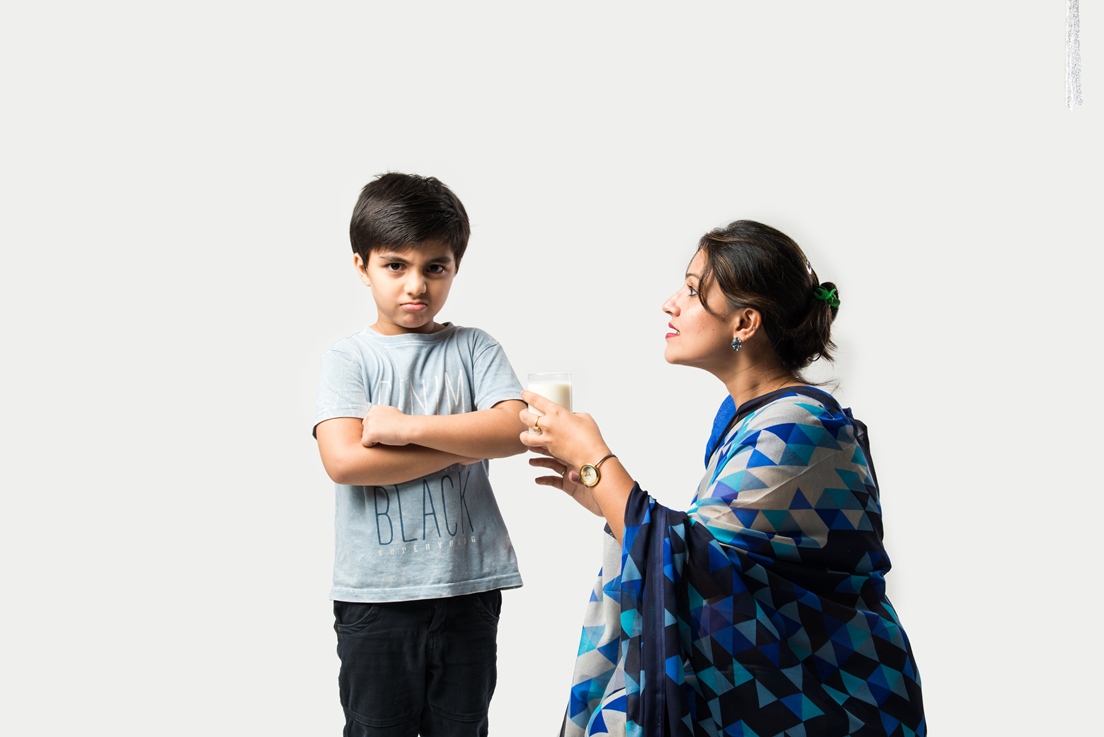
Attention-deficit/hyperactivity disorder (ADHD) is characterized by difficulties that interfere with effective task-oriented behavior in children—particularly impulsivity, excessive or exaggerated motor activity such as aimless or haphazard running or fidgeting, and difficulties in sustaining attention. They are highly distractible and often fail to follow instructions or respond to demands placed on them. Children with ADHD seem to have particular difficulty controlling their activity in situations that call for sitting still, such as in the classroom or at mealtimes. When told to be quiet, they appear unable to stop moving or talking. Their activities and movements seem haphazard. They may quickly wear out their shoes and clothing, smash their toys, and exhaust their families and teachers. They also tend to talk incessantly and to be socially intrusive and immature. Children with ADHD generally have many social problems because of their impulsivity and overactivity. Their behavior problems also result in their being viewed negatively by their peers. Many children with ADHD have inordinate difficulty getting along with peers and establishing friendships perhaps because their behavior is often aggressive and intrusive. In general, however, hyperactive children are not anxious, even though their overactivity, restlessness, and distractibility are frequently interpreted as indications of anxiety. They usually do poorly in school and often show specific learning disabilities such as difficulties in reading or in learning other basic school subjects.
Worried that your child might have ADD
If you have said yes to most of the above, we might be able to help you.
Treatments, we provide that can help your child and you: